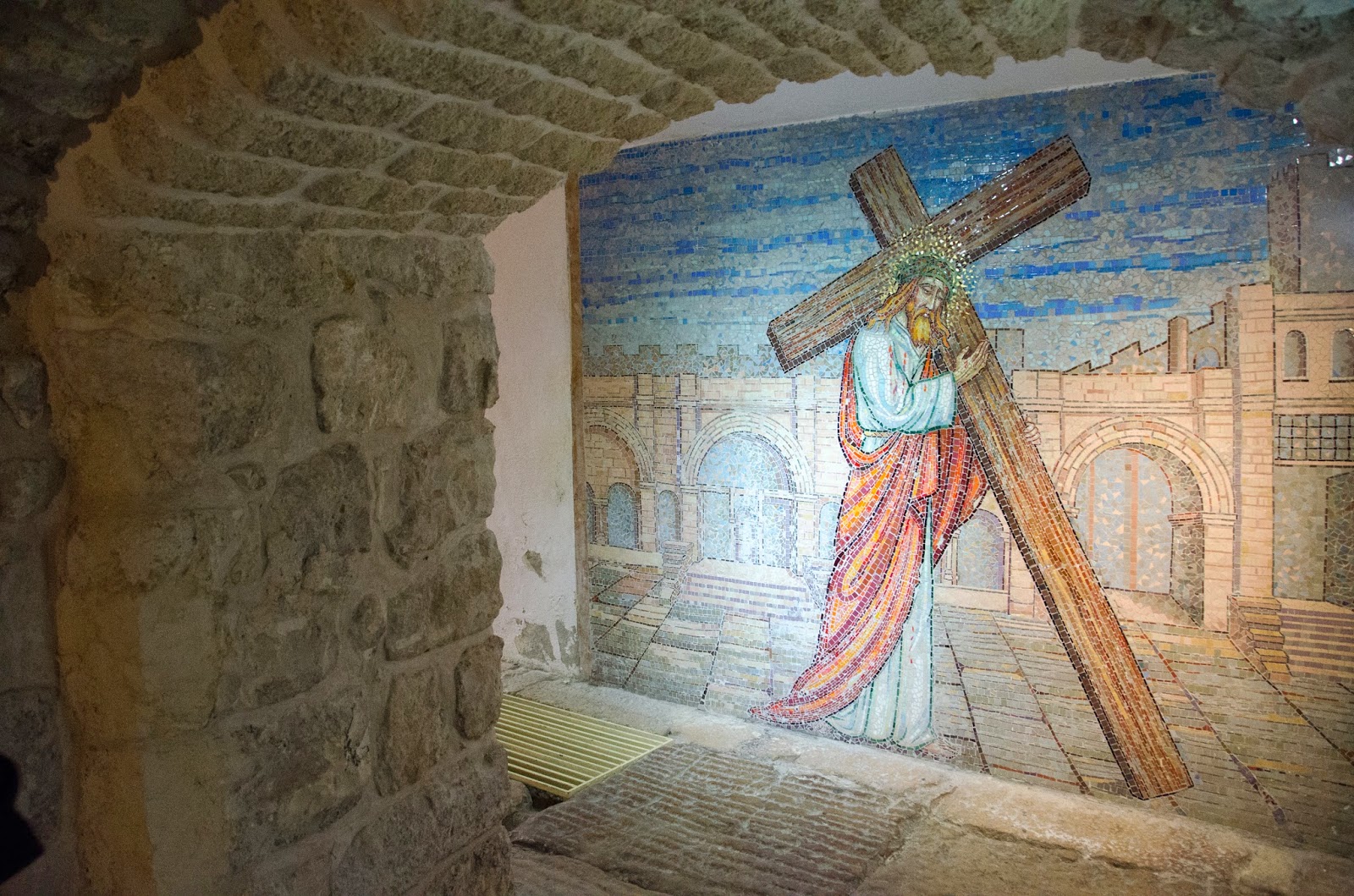
Mark 15:42-47
And when evening had come, since it was the day of Preparation, that is, the day before the Sabbath, Joseph of Arimathea, a respected member of the council, who was also himself looking for the kingdom of God, took courage and went to Pilate and asked for the body of Jesus.
Pilate was surprised to hear that he should have already died. And summoning the centurion, he asked him whether he was already dead. And when he learned from the centurion that he was dead, he granted the corpse to Joseph.
And Joseph bought a linen shroud, and taking him down, wrapped him in the linen shroud and laid him in a tomb that had been cut out of the rock. And he rolled a stone against the entrance of the tomb.
Mary Magdalene and Mary the mother of Joses saw where he was laid.
Comments:
Jesus died on the cross as discussed in my last post. However, it is hard to believe that after all he suffered, many have thought that he wasn’t really dead. However, the expert testimony is in…be it medical forensics or simply one who would know better than any other when someone on a cross was dead…the centurion. Death on a cross comes by suffocation as the lungs fill with fluid and the victim has to pull themselves up to breathe. The legs of the other prisoners were broken to speed up the process, but Jesus at that point was already dead. Just to be sure the soldiers inserted a spear into his side and pierced the pericardium. The blood and “water” that came out also indicated he was dead.
What is surprising is the change in Joseph of Arimathea and Nicodemus (John 19:38-40) from secret followers to men bold enough to go to the governor to request Jesus’ body in order to bury in his own tomb. It seems that Jesus’ death impacted them at least as much as it did the Centurion. Once obtaining Jesus' body they wrapped it in linen soaked in myrrh and aloes.
John 19:38-40 After these things Joseph of Arimathea, who was a disciple of Jesus, but secretly for fear of the Jews, asked Pilate that he might take away the body of Jesus, and Pilate gave him permission. So he came and took away his body. Nicodemus also, who earlier had come to Jesus by night, came bringing a mixture of myrrh and aloes, about seventy-five pounds in weight. So they took the body of Jesus and bound it in linen cloths with the spices, as is the burial custom of the Jews.
When we can see the death of Christ, as it really was, and that it was for our sins how could we be unchanged? His selfless death changed formerly fearful "secret" believers into courageous followers...even if only to bury his body with respect.
 I wonder how our own testimonies of faithfulness will motivate future generations of Christ-followers to greater courage and belief?
I wonder how our own testimonies of faithfulness will motivate future generations of Christ-followers to greater courage and belief? May we finish well and may our faith produce good fruit!





